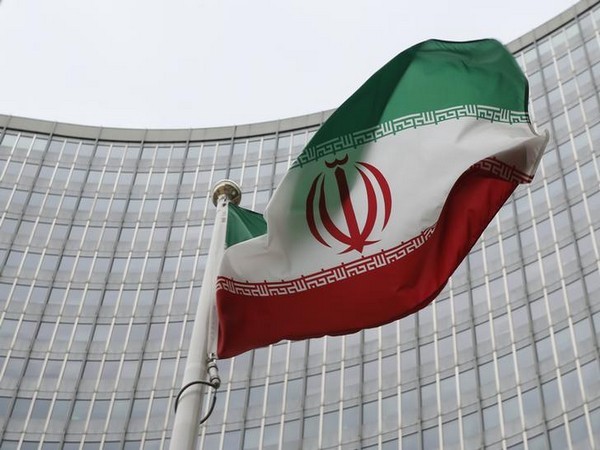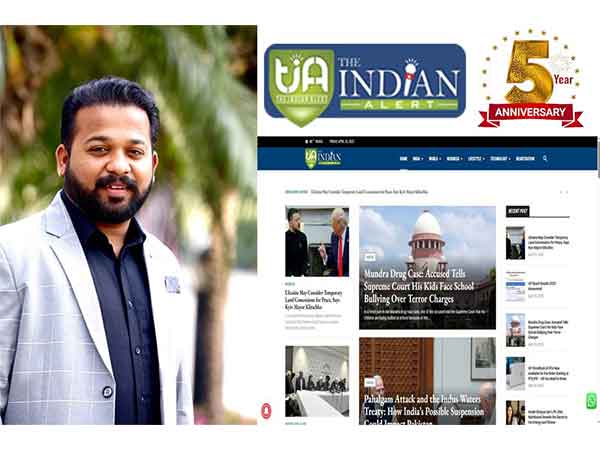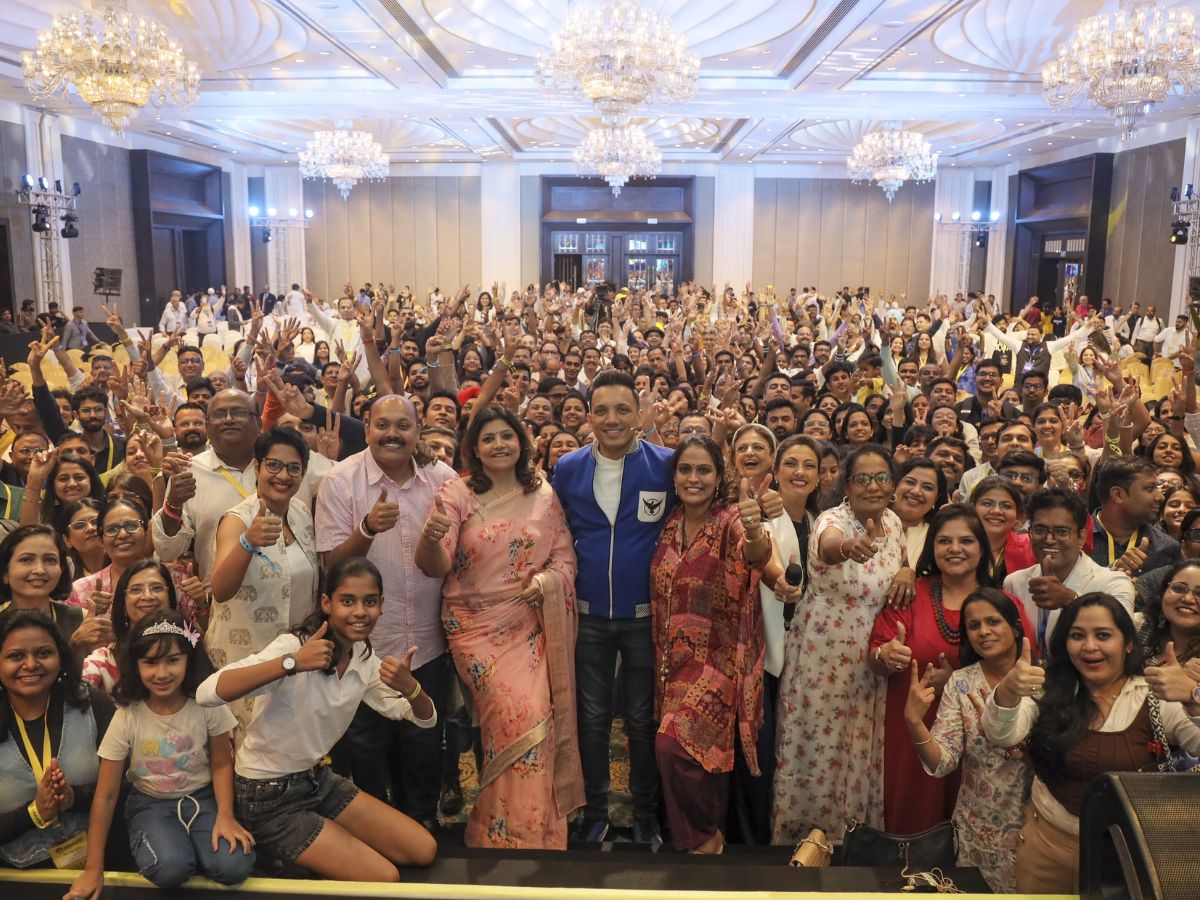
Iran faces a difficult problem with the US
Apr 25, 2025
Tehran [Iran], April 25: Iran on April 23 criticized the United States for its "lack of seriousness and goodwill" as it continues to impose new sanctions on Tehran's oil industry. Iranian Foreign Ministry spokesman Esmaeil Baqaei said the move was completely contradictory to the U.S. demand for dialogue, and also accused Israel of interfering and sabotaging the ongoing nuclear talks, according to The Times of Israel.
At the same time, Iran "gave the green light" for a team of technical experts from the International Atomic Energy Agency (IAEA) to travel to Tehran in the coming days to discuss the resumption of nuclear surveillance. On April 23, IAEA Director General Rafael Mariano Grossi assessed this as an encouraging sign of Iran in reaching a potential agreement on its nuclear program. In addition, Iran is actively lobbying and consulting with Russia and China to further promote the resolution of the Tehran nuclear issue. Accordingly, Iranian Foreign Minister Abbas Araghchi on April 23 went to China for consultations on the eve of a meeting with the United States on April 26 in Oman.
Preparing for the scenario of nuclear talks breaking down, Iran has also strengthened its defense capabilities against potential attacks from the United States and Israel. Iran is reportedly building two large-scale underground complexes linked to its main nuclear complex, according to a report by the Institute of Science and International Security (US). The Iranian side has not commented on the above information.
The above series of moves by Iran took place in the context of US Secretary of State Marco Rubio said on April 23 that Iran can import nuclear materials, instead of producing it itself, and affirmed Iran's position that it must abandon all uranium enrichment activities if it wants to reach an agreement and prevent the threat of armed conflict. Although skeptical about reaching an agreement, Rubio insisted that the U.S. priority is a peaceful
Oman's special role
Recent talks between the United States and Iran held in Oman have proven Oman's important mediating role in the Gulf region. Earlier this week, during a visit to Moscow, Oman's King Haitham bin Tariq Al Said also spoke with Russian President Vladimir Putin about the progress of negotiations between Iranian and U.S. representatives on the eve of the upcoming third round of talks about the Tehran nuclear program. That information once again shows that Oman is a special agent with a balance between the complicated relations of the parties.
Experts say that Oman's choice by Iran to forward its response to the United States stems from Oman's neutrality and mutual trust between Muscat and Tehran. Since 2013, Oman has been the organizer of secret negotiations, laying the groundwork for the Joint Comprehensive Plan of Action (JCPOA) agreement signed in 2015 between Iran and the P5+1 group (the United States, Britain, France, Russia, China, Germany). Recently, Oman has continued to hold closed-door meetings between representatives of Iran and the United States. Statements from the political circles of all parties affirmed their trust in Oman.
To maintain this role, Oman has consistently pursued the principles of neutrality, conciliation and non-interference in the internal affairs of other countries. In fact, this Islamic kingdom has maintained its neutrality on many sensitive issues of the region. Instead of bogging down in geopolitical strife, Oman has chosen to expand its diverse cooperation with multiple partners, avoiding one-sided alliances, and taking advantage of its neutral stance to promote dialogue that starts with technical intermediaries and gradually expands to diplomatic proposals. That approach helps Oman strengthen its position and also reduce risks on competitive chess boards.
Source: Thanh Nien Newspaper









